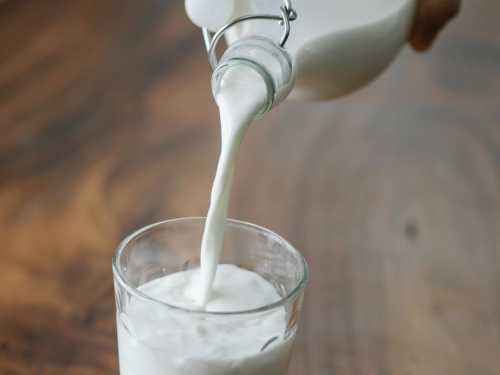
Scientists have found that milk contains a special protein fragment – casein glycomacropeptide (GMP), especially its sialylated variant (S-GMP). It is this protein that is able to improve and protect the intestinal mucosal barrier, which is often damaged by a “Western” diet – with excess fat and sugar and a deficiency of fiber.
In experiments on mice, this dairy supplement enhanced the growth of a protective mucus layer that prevents microbes from penetrating the intestinal walls. The study was published in Food Research International.
That is, there is a special protein particle in milk that acts as “food” for the beneficial bacteria in our intestines, helping them resist the harmful effects of what we eat today. Modern food, which is high in fat and sugar, but low in useful fiber (like fast food or sweets), can damage this shield. And S-GMP, as it turned out, is able to restore and strengthen this shield.
The study focused on the sialylated version of this protein (S-GMP), which showed significant positive effects, highlighting the importance of sialic acid for its functionality. It not only restored the mucosa, but also stimulated the growth of beneficial bacteria, primarily bifidobacteria. At the same time, the body's levels of short-chain fatty acids increased – compounds that strengthen the barrier and reduce inflammation.
Scientists realized that one particular substance (sialic acid) made this protein particularly effective. This component did two important things at once: first, it repaired the damaged protective layer of the intestine, and second, it acted as a “fertilizer” for beneficial bacteria, especially bifidobacteria, helping them to multiply. And when these good bacteria become more numerous, they produce special substances (short-chain fatty acids) that further strengthen the intestinal defenses and calm any inflammation, that is, “put out the fire” inside.
The authors of the work believe that this component of milk can be considered a promising prebiotic. In the future, it may help compensate for the damage caused by an unbalanced diet and reduce the risk of chronic intestinal diseases. So far, the findings have only been confirmed in animal studies, and clinical studies are needed for use in humans.





